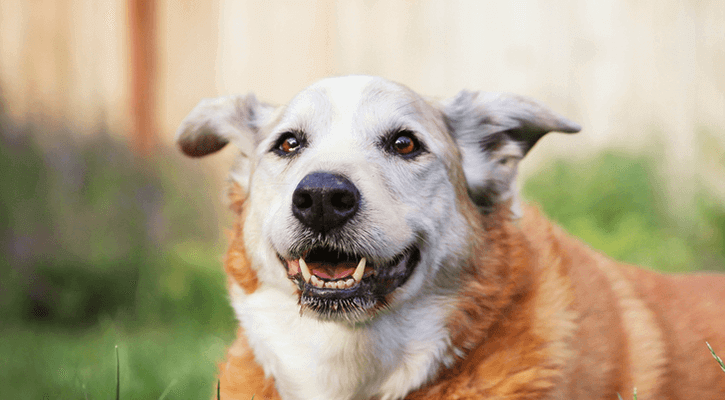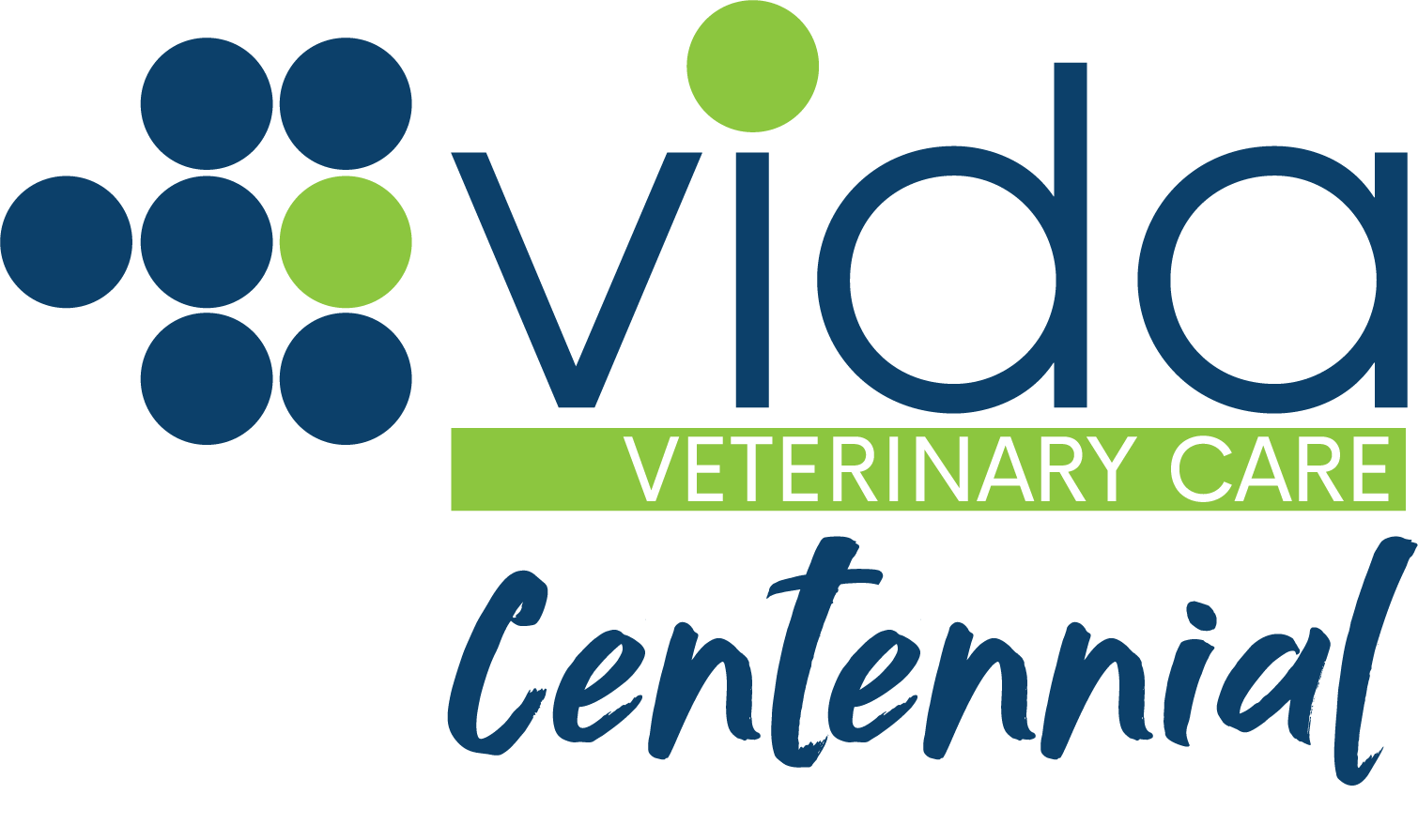
Senior Pet Care
Understanding The Changing Health Needs of Mature, Senior, And Geriatric Pets
It can be hard to admit when we see the signs of old age in our animal companions, but the fact is that most dogs are considered seniors when they hit seven, cats around nine. Pets age much more rapidly than humans, which means diseases and illness progress quicker as well.
To ensure that your pet has the longest, healthiest, most comfortable life possible, Vida Veterinary Care – Centennial encourages you to bring your senior pet for exams and blood tests twice each year. This way, we can track how your pet is aging, and we’ll be more likely to catch any developing diseases before they’re big problems.
Blood tests are one of the most important parts of a senior exam. These blood screenings—often referred to as a “senior panel”— monitor red and white blood cell counts and reveal how well the kidney, liver, pancreas, and thyroid are functioning. Your vet may recommend a chest x-ray to ensure that the heart is a normal size and that there are no masses in the lungs.
Periodontal disease is always a threat to our pets’ health and comfort, and it’s particularly tough on older pets. That’s why a dental exam is always part of any senior pet screening as well.
Finally, make sure to let your vet know about any behavior changes in your pet. Once dogs and cat get to the geriatric stage, monitoring for signs of cognitive dysfunction—such as losing housebreaking, getting lost or wandering aimlessly—is very important.
Specific Age-Related Issues For Senior Pets
The following changes are common as a pet ages:
- Altered sleep-wake cycle
- Changes in thyroid function
- Decrease in kidney function
- Changes in vision
- Decreased sense of smell
- Brittle/ingrown nails
- Heart or circulatory problems
- Decreased digestion and ability to absorb nutrients
- Reduced ability to handle stress
- Changes in behavior
- Changes in mobility/arthritis
Your Role As The Caretaker Of An Elderly Pet
The most important thing when caring for your elderly pet is being aware of their behavior and habits. Their needs may change subtly over the years but they still require the basics of pet care, including social interaction and an enriched environment. While older pets may sleep more, they still need interaction and a stimulating environment to keep their bodies active and their minds engaged. pets of all ages need a stimulating environment to stay healthy. The need for engagement is especially important for indoor pets. All pets need to hunt and play and interact.
In addition to a stimulating environment, owners of elderly pets can expect to be responsible for things like:
- Making sure sleeping and eating areas are easily accessible
- Adjusting physically challenging areas for easy access
- More frequent veterinary visits
- Dispensing medication
- Lifestyle accommodations
Understanding your expanded role in the life of your elderly pet is essential to helping him or her age gracefully. At your next appointment, one of our veterinarians would be happy to give you some insight and guidance on how to ensure your pet enjoys a smooth transition into his or her elderly years.
Wellness Visits for Senior Pets
A typical wellness visit for senior pets includes checking the following:
Additionally, wellness visits for senior pets can also include vaccinations, parasite prevention, and treatment for any specific conditions that your senior pet may be developing.
Schedule an Appointment for Your Aging Pet Today
We are here to help our furry patients age gracefully, peacefully, and comfortably by offering comprehensive senior pet care services. Aging pets rely on the love and care of owners and good veterinary support staff as they grow into their later years. Contact us today to learn more about how we’ve helped improve the lives of thousands of aging pets while bringing peace and happiness to their human caretakers.
Call our Centennial office at 303-843-7222 or Make an Appointment today!
